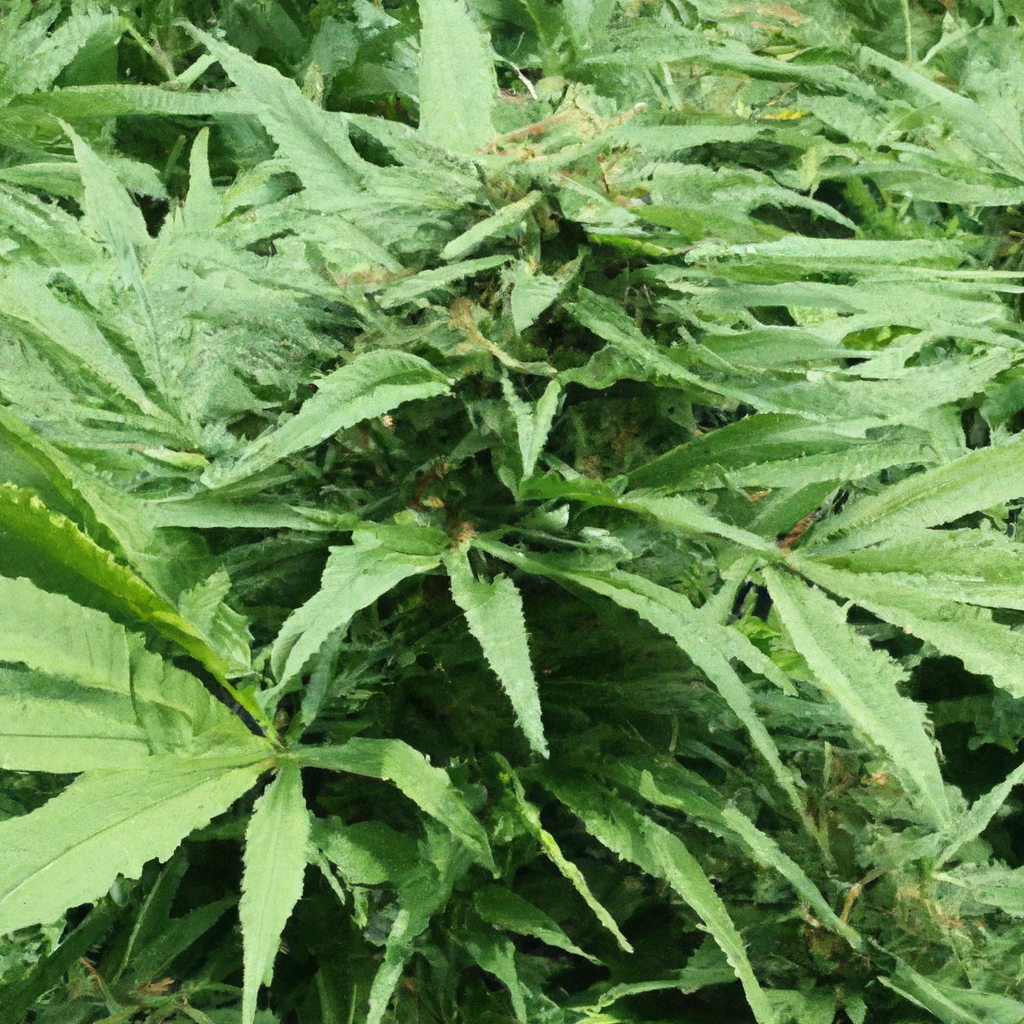Your cart is currently empty!
As the cannabis industry grows, so does the interest in sustainable and organic cultivation practices. Organic cannabis cultivation not only benefits the environment, but also enhances the quality and safety of the final product. This article explores best practices for building a healthy soil ecosystem, utilizing natural fertilizers, compost, and pest control methods to ensure a thriving organic cannabis grow.
Creating a Healthy Soil Foundation
A thriving organic cannabis cultivation begins with healthy soil. Here’s how to construct a robust soil ecosystem:
- Compost: Incorporate well-rotted organic matter to boost soil nutrients and structure. Compost improves microbial life which is essential for plant health.
- Mulching Techniques: Use organic mulches such as straw or wood chips to retain moisture and suppress weeds. Mulching also contributes to organic matter as it decomposes.
- Crop Rotation: Practice rotating cannabis with cover crops like legumes to fix nitrogen and rejuvenate soil fertility naturally.
Natural Fertilizers: Boosting Growth Sustainably
Substitute synthetic fertilizers with these natural alternatives:
- Worm Castings: Rich in nutrients and beneficial microbes, these enhance soil fertility and plant vigor.
- Bone Meal: Adds phosphorus to the soil, crucial for flowering and root development.
- Bat Guano: Known for its high nitrogen content, it supports vegetative growth.
Pest Control: Innovative Organic Solutions
Maintain pest-free plants without harmful chemicals by employing these organic methods:
- Beneficial Insects: Introduce predators like ladybugs and predatory mites to naturally control pest populations.
- Neem Oil: Derived from the seeds of the neem tree, it effectively combats a variety of insects.
- Companion Planting: Plant pest-repelling species such as marigolds and basil to deter harmful pests naturally.
Environmental and Consumer Benefits
Adopting organic practices extends beyond cultivation; here’s how it benefits the environment and consumers:
- Environmental Impact: Organic methods reduce chemical runoff, enhance biodiversity, and improve soil carbon sequestration.
- Consumer Health: Organic cannabis is free from harmful residues, offering a safer, cleaner product.
- Sustainability: By relying on renewable resources and processes, organic cultivation promotes long-term ecosystem stability.
Conclusion
Embracing organic cannabis cultivation is a step toward a more sustainable future. By building a healthy soil ecosystem, leveraging natural fertilizers, and adopting eco-friendly pest control methods, growers can contribute positively to both environmental health and consumer well-being. Let’s cultivate cleaner, greener cannabis together.
Tags: OrganicGrowing, NaturalFertilizers, PestControl, Sustainability, SoilHealth
Discover more from Magic Clones
Subscribe to get the latest posts sent to your email.


Leave a Reply